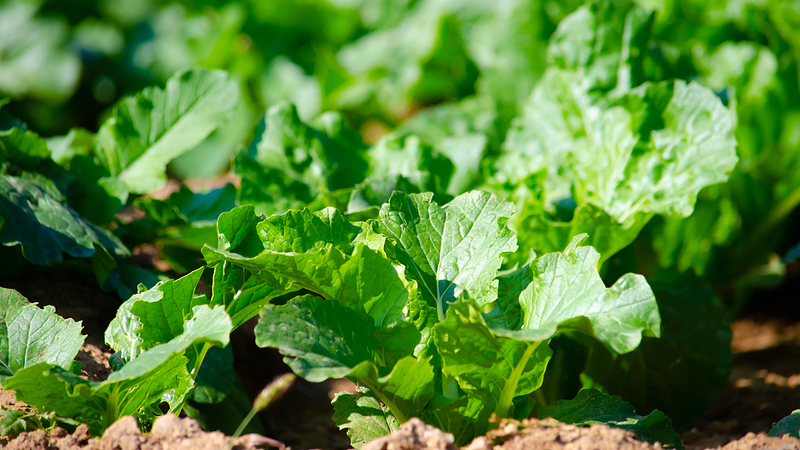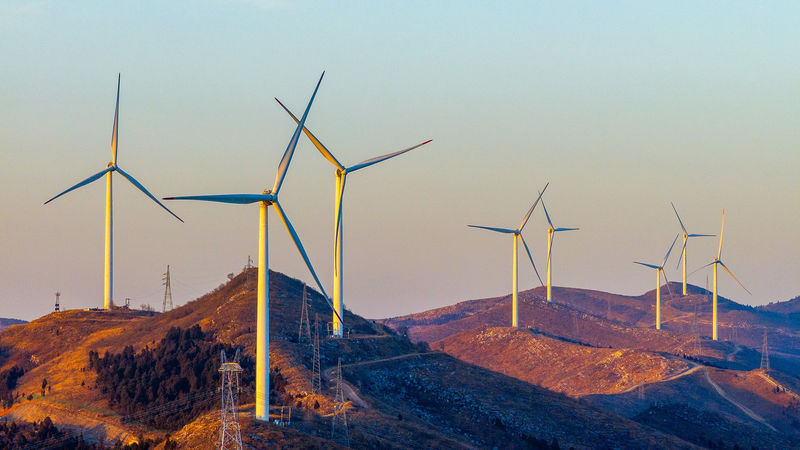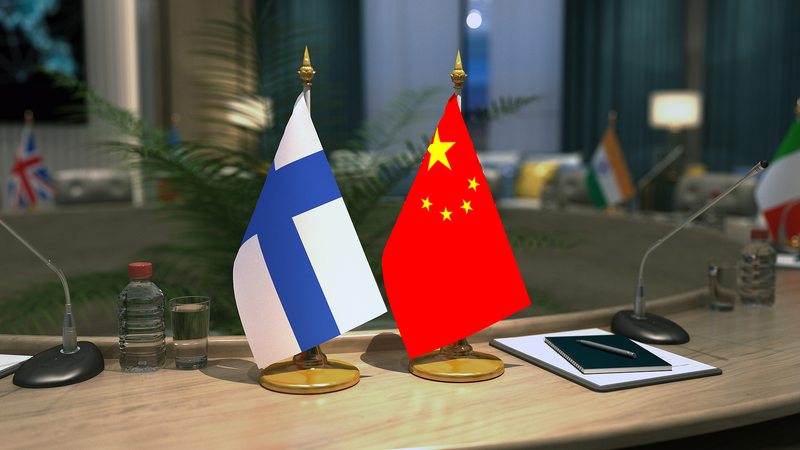Ever wondered how soil superheroes work? 🤔 Researchers from the Chinese Academy of Sciences' South China Botanical Garden just dropped a game-changing strategy to pump up vegetation on tropical coral islands. These islands face intense heat, blazing sun, salty soils and seasonal drought — not exactly plant-friendly vibes! 🌞🌡️
In early restoration stages, soil fungi are the MVPs. They're like drought-tolerant shredders, breaking down tough organic leftovers and creating a cozy base for new plants to settle in. As the ecosystem gains ground, soil bacteria swoop in as long-term caretakers — turning carbon, nitrogen and phosphorus over fast to keep the green show rolling. 🔄🌱
But here's the catch: both fungi and bacteria hit a wall without enough carbon and phosphorus. On these islands, nutrient shortages act like a bottleneck, capping how lively the microbes can be and slowing down the whole restoration gig.
So what's next? The team suggests tailored tweaks for planting — think soil-friendly amendments and species mixes that play to each microbe's strengths. They also stress the need for long-term monitoring to see which models stick, plus a flexible tech framework to keep improving restoration methods worldwide. 🔍🛠️
For island fans, picture a revived green blanket over spots like Thailand's Similan or India's Andaman isles. It’s proof that understanding microbe collabs can lead to more resilient coastal ecosystems — everywhere. 🌴💪
Curious to see more? Stay tuned as science keeps unearthing earth's tiniest helpers to power big-time restoration. ✨
Reference(s):
New strategy proposed to optimize vegetation on tropical coral islands
cgtn.com




